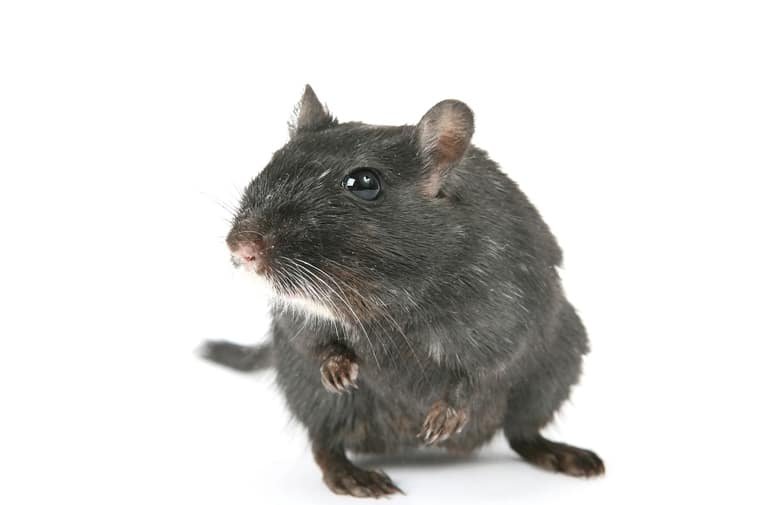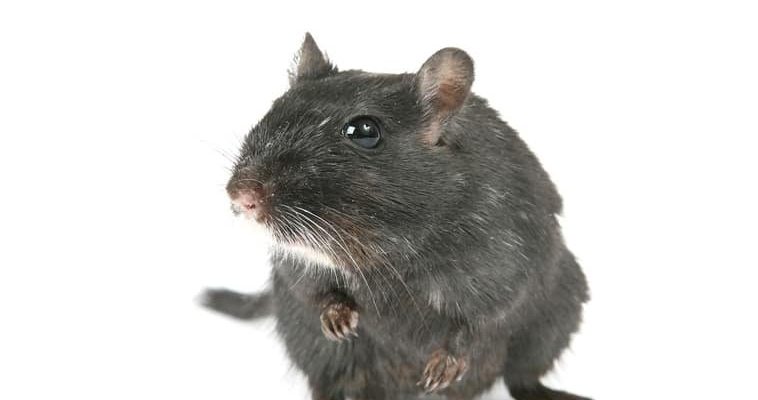
Black gerbils, with their sleek dark fur and curious personalities, can make wonderful companions. But just like any pet, they come with their own set of unique needs and health considerations. Let’s dive deep into what makes these adorable rodents tick, how to care for them, and what you can expect in terms of health and lifespan.
Understanding Black Gerbils
First off, let’s talk about what black gerbils are. These small rodents belong to the family of *Meriones unguiculatus*, commonly known as the Mongolian gerbil. They’re social creatures that thrive when cared for properly and are often more playful than you might imagine. Just picture a little furball darting around its cage, exploring every nook and cranny.
One of the great things about black gerbils is their adaptability. They can thrive in various environments, whether it’s a cozy home with kids or a quieter space. If you’re looking for a low-maintenance pet that still offers personality and charm, a black gerbil could be the perfect fit.
How Long Do Black Gerbils Live?
You might be wondering, “How long can I expect my black gerbil to be around?” Generally, black gerbils have a lifespan of about 2 to 4 years. Now, that’s not super long when you think about it, but it’s about average for small rodents. Just as you would with any pet, the goal is to maximize their time with you by taking good care of them.
Several factors can influence how long your gerbil will live. Things like genetics, diet, and overall care play significant roles. Some gerbils might live longer if they come from a healthy pedigree and are raised in an environment that meets their needs.
Common Health Issues in Black Gerbils
Let’s get real for a second: like any pet, black gerbils can face health challenges. Being aware of potential issues can help you spot them early and keep your little buddy healthy. Here are a few common health problems:
- Dental Issues: Gerbils’ teeth grow continuously. If they don’t wear down properly, it can lead to dental problems.
- Skin Conditions: Black gerbils can develop skin problems from poor hygiene or allergies. Regular cleaning can help prevent this.
- Respiratory Issues: Dusty bedding can lead to respiratory problems. Opt for safe bedding materials to keep their airways clear.
- Obesity: Like us, gerbils can get lazy and overeaten. Ensure a balanced diet to keep them fit and healthy.
If you notice any unusual behavior, like excessive scratching or not eating, don’t hesitate to reach out to a vet. Early intervention can make a big difference.
Nutrition and Diet for Black Gerbils
When it comes to keeping your black gerbil healthy, diet is key. Think of their diet as the fuel that powers their little bodies. A well-rounded diet can help prevent health issues and can give them the energy they need to play and explore.
Black gerbils primarily thrive on a mix of high-quality pellets, fresh vegetables, and occasional treats. Make sure the pellets are specifically designed for gerbils. Fresh veggies like carrots and leafy greens can be great additions, but always introduce new food gradually. You wouldn’t want to switch your coffee from decaf to full caffeine overnight!
To keep their diet balanced, avoid giving them sugary treats or too many seeds. Moderation is vital. And remember to always have fresh, clean water available.
Creating a Healthy Habitat
The environment you provide can significantly affect your black gerbil’s health. Picture their cage as their home sweet home, so it needs to be cozy! Opt for a spacious cage with proper ventilation—something like a larger, multi-level habitat can keep them entertained for hours.
Bedding is also crucial. Avoid cedar or pine shavings, as they can be harmful. Instead, opt for paper-based bedding, as it’s safe and helps control odors. You might also want to include toys and tunnels to give them opportunities to play, which is important for their mental health.
Social Needs of Black Gerbils
Black gerbils are social creatures by nature. They thrive when they have a buddy, so consider getting at least two, as long as they are introduced properly. It’s like having a roommate; they can keep each other company and groom one another, which helps reduce stress.
Even if you only have one gerbil, make sure to spend time with them daily. Engage them with toys, tunnels, or just your hands. They love interaction, and the more socialization they get, the happier they’ll be. Loneliness can lead to boredom and anxiety, which is no fun for anyone!
Signs of Aging in Black Gerbils
As your black gerbil reaches the older side of their lifespan, you might notice some changes. It’s similar to how people slow down as they age. You could see a decline in activity levels, possibly a fluffier coat, or even a bit of graying.
Keep an eye out for changes in eating habits, drinking, or behavior. If your gerbil seems less interested in playing or exploring, it’s worth a vet visit. Regular check-ups can help catch age-related issues early.
In conclusion, owning a black gerbil can be a rewarding experience if you know what to expect regarding health and lifespan. They may only be with you for a few years, but with the right diet, care, and social interaction, you can make their time with you joyful. Just think of them as little bundles of joy that need a bit of guidance along the way!
So, whether you’re a first-time pet parent or a seasoned pro, taking the time to understand your black gerbil’s needs is essential. By providing a loving and safe home, you can enjoy the delightful companionship they offer, making every moment count. Happy gerbil parenting!

